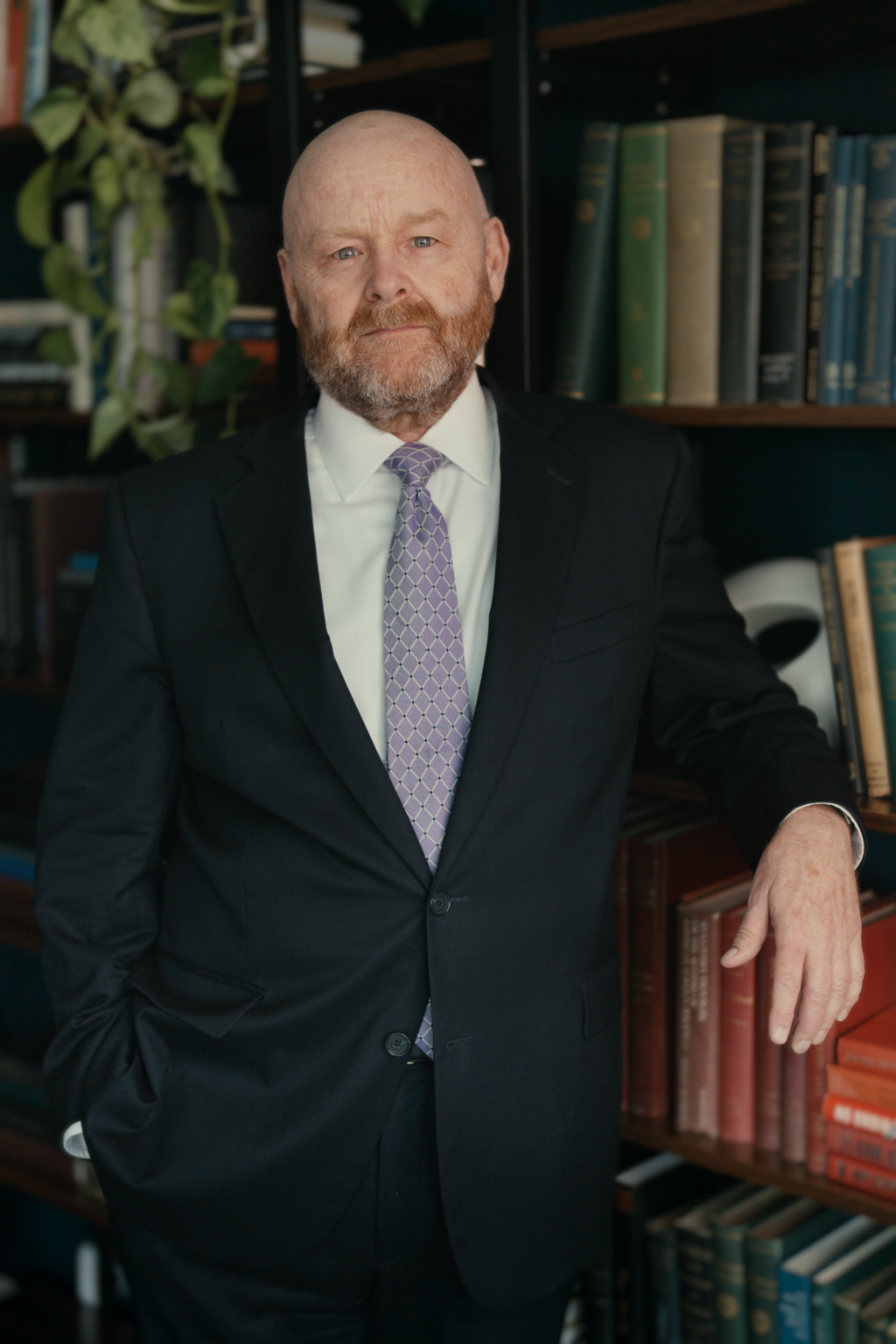The Oslo Accords | History Lessons
By experts and staff
- Published
Experts
![]() By James M. LindsayMary and David Boies Distinguished Senior Fellow in U.S. Foreign Policy
By James M. LindsayMary and David Boies Distinguished Senior Fellow in U.S. Foreign Policy
By
- Hagit Ariav
On September 13, 1993, Israeli and Palestinian leaders met at the White House to sign the Oslo Accords. The Oslo Accords originated in discussions that a Norwegian mediator brokered in January 1993. Few people expected the largely secret talks to succeed, but thanks in part to the diligence of Norway’s foreign minister, a deal was struck in August. The most memorable image from the day of the accords’ signing came when Yasir Arafat and Israeli Prime Minister Yitzhak Rabin shook hands under the watchful eye of President Bill Clinton. Unfortunately, the goal of the Oslo Accords remains unfulfilled today.
James M. Lindsay, CFR’s senior vice president and director of studies, argues that international agreements can still be useful even when they do not deliver all that is expected of them. Oslo did not solve the Israeli-Palestinian conflict, but its accomplishments remain significant. The Palestinian Liberation Organization (PLO) formally acknowledged for the first time Israel’s right to a safe and peaceful existence. The Palestinian National Authority was born, and Palestinians gained a measure of self-rule over the Gaza Strip and parts of the West Bank. Perhaps most important, the practice of direct talks between the two sides was established. Lindsay invites his audience to consider the future for a negotiated peace between the Israelis and the Palestinians and discuss what role the United States should play in bringing it about.
This video is part of History Lessons, a series dedicated to exploring historical events and examining their meaning in the context of foreign relations today.
